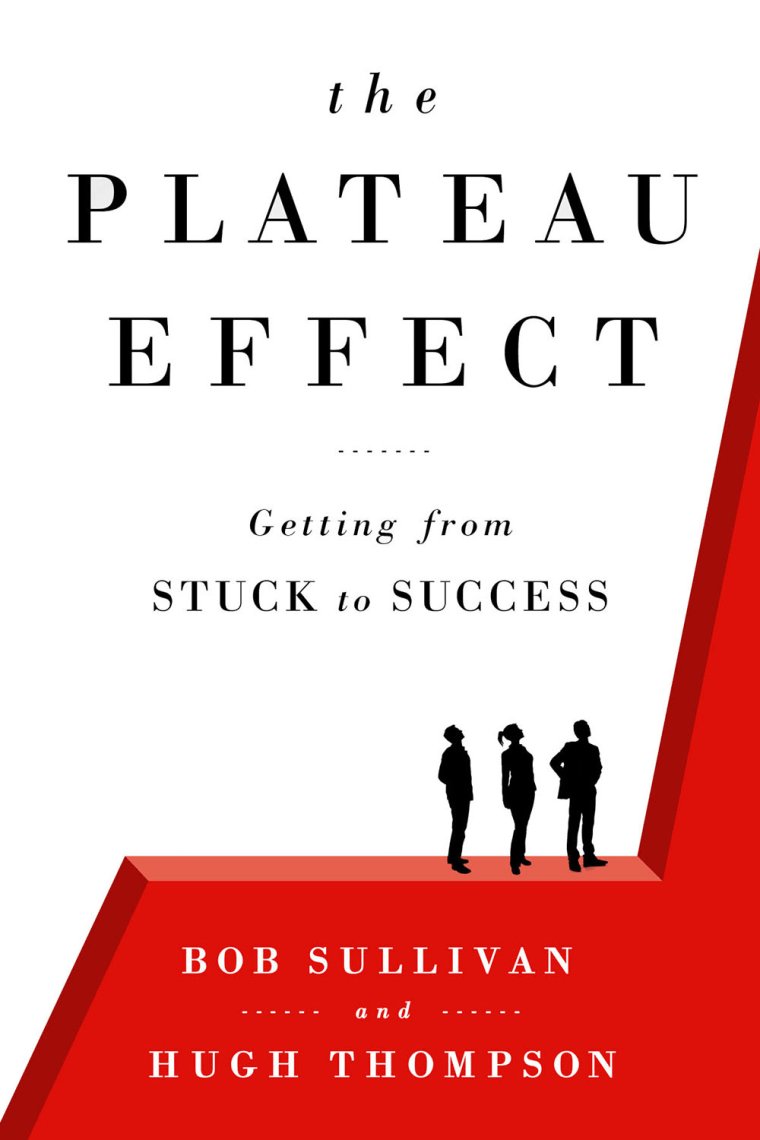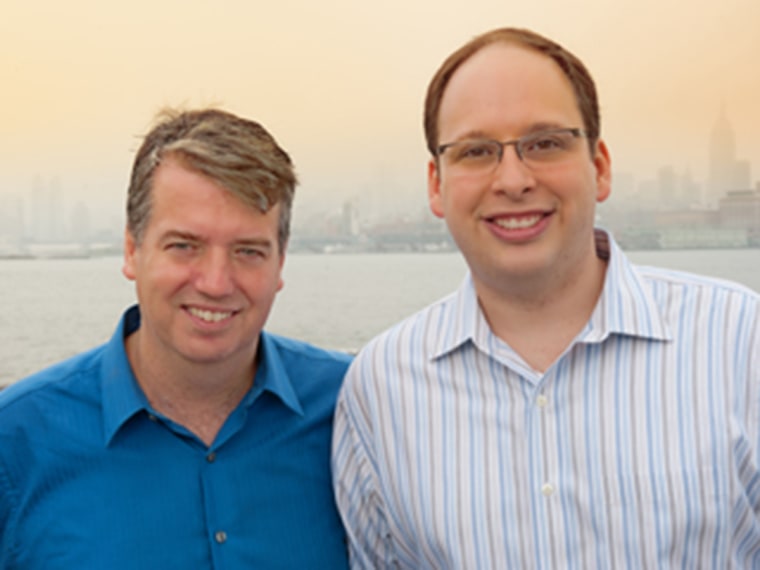OK, ladies, you know who you are. You take such pride in your work that even mild criticism stings. You want so sincerely for your email messages to have just the right tone that it takes forever to hit send. You keep thinking about completed tasks so much that nothing ever feels finished.
If any of this sounds familiar — and if the words “good enough” make you cringe — you may be suffering from a form of the same modern-day malady that affects most high-achieving women (and plenty of men!) in the year 2013: Perfectionism.
In “The Plateau Effect: Getting from Stuck to Success,” a new book by Bob Sullivan and Hugh Thompson, perfectionism is cited as a one of the biggest obstacles to peak performance. The book describes perfectionism as a form of self-torture, a killer of beginnings and a close, catty cousin of fear and procrastination.

“Perfect, you see, is the enemy of good,” Sullivan and Thompson observe in their book.
Here, the authors offer some tips for avoiding the "perfect" storm:
Accept the truth. No matter how much we may want it to be so, perfection is not achievable. It cannot be attained in a project for work or a term paper for school. It also can’t be found in the realms of diet plans, exercise regimens, house-cleaning or relationships. “The truth is that perfectionism is often just stalling,” said author Bob Sullivan, a longtime columnist for NBC News. “It’s never the right time to start, and even if you do, a task is never complete because it’s held up to an impossible standard.”
Let go of fear. Author Hugh Thompson, a math and computer science professor and a self-described “recovering perfectionist,” noted that perfectionism is intimately tied to fear. “Perfectionists feel that when people are judging your work, they’re actually judging your worth as a person,” Thompson said. “If you think of it in that way, it’s really scary to ever finish something.”
Failing can be … fun? Well, not fun, maybe, but it’s certainly instructive — and that means it’s fundamentally worthwhile to take risks and try new things. “When you’re a perfectionist, you’re scared to death of failure,” Thompson said. “But the most successful people fail much more than average people do. … If you look at the science of failure, failure is an incredible boost toward the future. It’s the time when you learn the most, it’s the time when you clarify what you should do and shouldn’t do. It’s when you grow.”

Understand the law of diminishing returns. Some tasks in life warrant superior and extended attention to detail. But many do not—and it’s just not worth it to spend superior and extended time and energy on them. “The Plateau Effect” highlights a critical inflection point: “the moment at which continued efforts produce little or no added benefit.” Focus on devoting the full force of your energy to the few tasks that genuinely deserve it.
Embrace “structured procrastination.” If the insights above reveal why many perfectionists are world-class procrastinators, then it stands to reason that most perfectionists have a mountain of tasks on their to-do lists. How big is your mountain? You can cut it down to size this way: Look at your whole list, and focus intently on the most difficult task on it. The idea of completing it likely will be so overwhelming that you’ll gladly tackle the second- or third-most challenging tasks on your list instead. “Use the repulsion energy from the most dreaded task as a slingshot to another important job,” the book advises. This tactic can give you the satisfaction of ticking items off your list faster than you otherwise would. And speaking of satisfaction ...
Learn to “satisfice.” “Satisficing” is a combination of the words “satisfactory” and “suffice,” and it’s a crucial concept that can help perfectionists power through plateaus and reach new levels of performance. “With every task you undertake,” “The Plateau Effect” advises, “your goal should be to do satisfactory work that is satisfying to you and its consumers but at the same time is just enough to be sufficient.”
